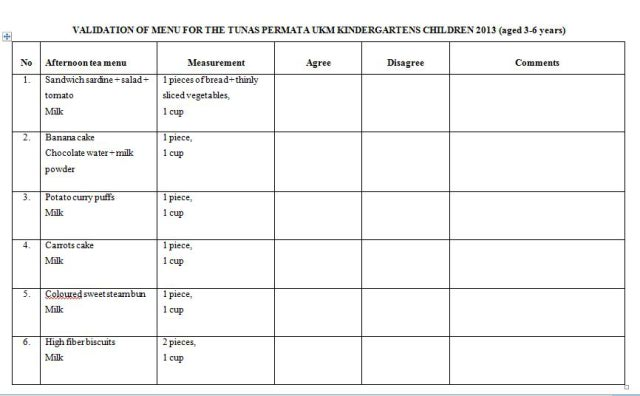What Glucose Management
1. Healthy Diet:
- Consume a balanced diet rich in whole grains, lean proteins, healthy fats, fruits, and vegetables.
- Choose foods with a low glycemic index, which means they release glucose slowly into the bloodstream.
- Limit the intake of sugary drinks and refined carbohydrates.
2. Regular Exercise:
- Engage in regular physical activity, such as brisk walking, jogging, cycling, or swimming.
- Aim for at least 30 minutes of moderate-intensity exercise most days of the week.
- Exercise helps lower blood sugar levels and improves insulin sensitivity.
3. Weight Management:
- Maintain a healthy weight or work towards weight loss if overweight or obese.
- Excess weight can contribute to insulin resistance and elevated blood sugar levels.
4. Medication:
- For individuals with diabetes, medications may be prescribed to manage blood glucose levels.
- Common medications include insulin, sulfonylureas, metformin, and DPP-4 inhibitors.
5. Blood Glucose Monitoring:
- Regularly monitor your blood glucose levels, especially if you have diabetes.
- The frequency of monitoring depends on your individual condition and treatment plan.
6. Stress Management:
- Chronic stress can affect blood sugar levels. Practice stress-reduction techniques, such as deep breathing, mindfulness, or yoga.
7. Adequate Sleep:
- Prioritize getting enough quality sleep. Lack of sleep can contribute to insulin resistance and higher blood sugar levels.
8. Alcohol and Tobacco Avoidance:
- Limit alcohol intake, as excessive alcohol can impact glucose levels and hydration.
- Quit smoking, as smoking can worsen insulin resistance.
9. Hydration:
- Stay well-hydrated by drinking plenty of water throughout the day. Dehydration can affect blood glucose levels.
10. Regular Doctor Visits:
- Schedule regular check-ups with your healthcare provider to assess your glucose management and adjust your treatment plan if needed.
Remember, glucose management is an ongoing process. Working with a healthcare professional, such as a doctor, dietitian, or diabetes educator, can provide personalized guidance and support to achieve and maintain healthy blood glucose levels.
-
Fake butter ingestion
QuestionHi. I know someone who likes to take big swigs out of a
-
Juicing for weight loss
QuestionHow does Raw Vegetable Juicing affect weight loss and wha
-
fast food
Questionwhy the fast food are not very healthy for our children ,
-
About canned tuna fish and heating method
QuestionHello Nevil, Many thanks in advance for your help. I am
-
not fat but got the belly forever
QuestionHello, Thanks for you service, I have a great wuestion. I
-
Mediterranean Cuisine
QuestionIm a college student writing a paper on Mediterranean cui



